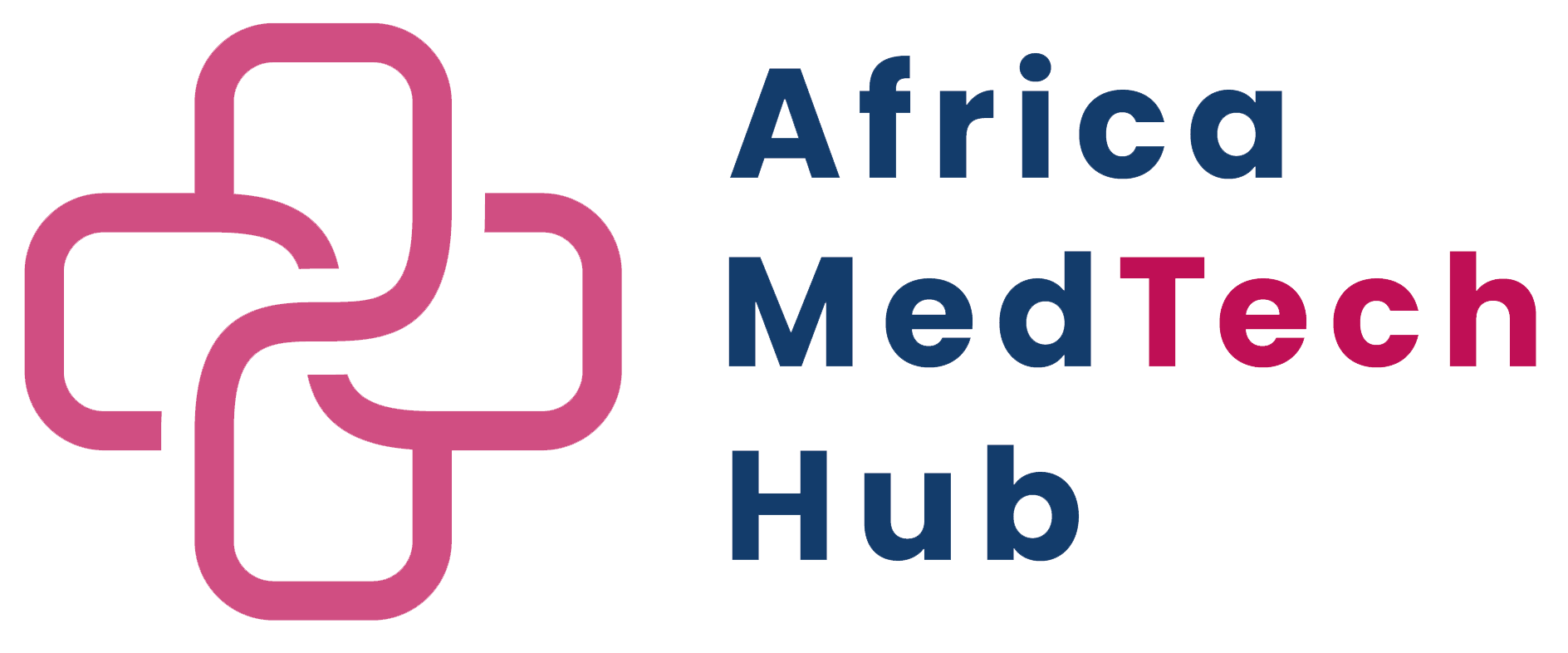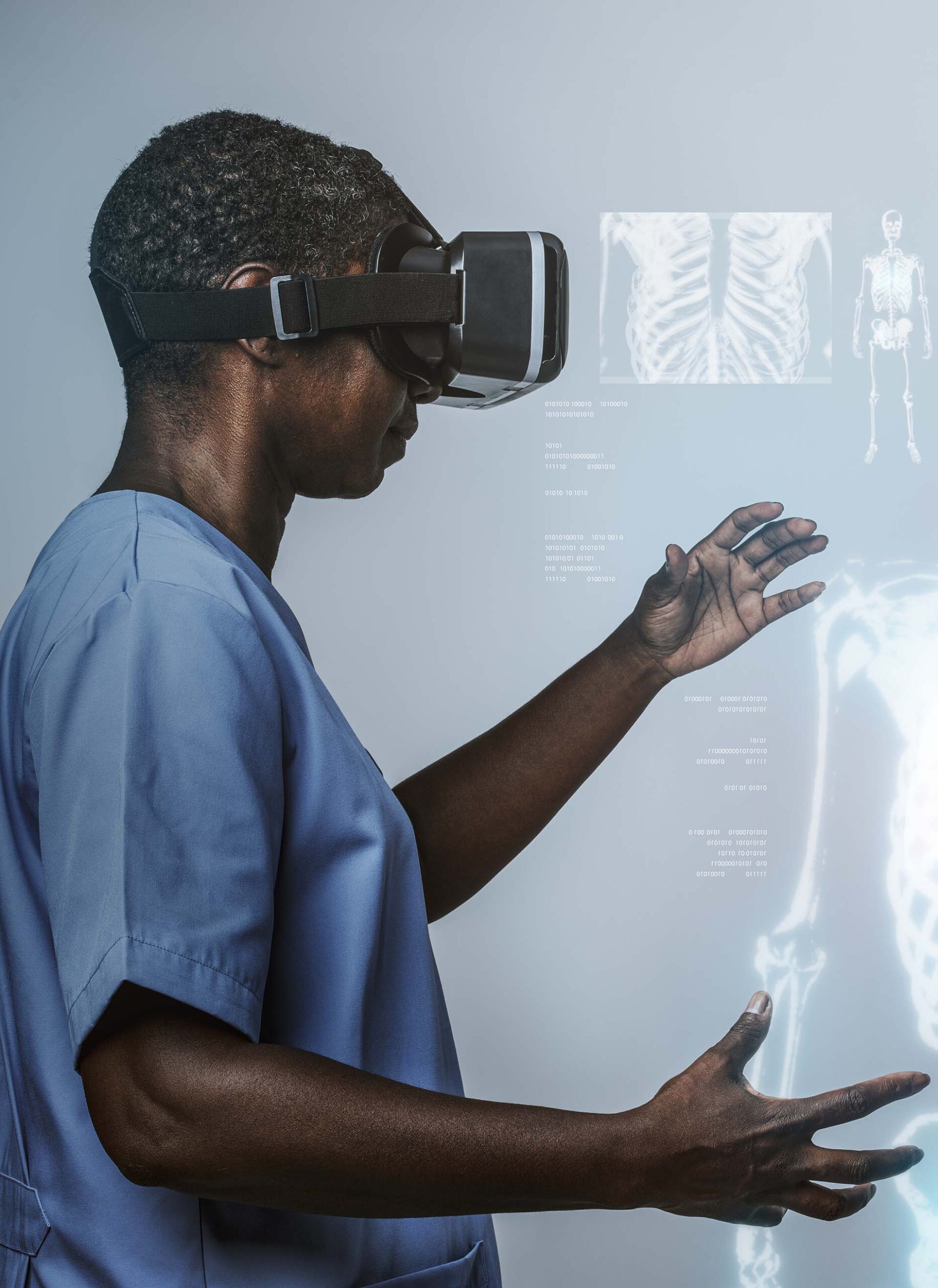Health systems have relied on well-established disease management pathways and evidence-based care approaches in an effort to manage care demands and standardize practices to improve quality and safety, rather than focusing on individual health and wellness goals where care pathways are adapted and personalized to a person’s health, wellness, and quality of life goals. Most digital tools and platforms available online to consumers are not connected or interoperable with information infrastructure in formalized health systems, making it nearly impossible for consumers to reach out and connect, digitally, to health teams. At the population level, the prevalence of chronic illness continues to grow. Over 40 million deaths each year are due to non-communicable diseases (NCDs). Over 2/3 of these are in LMICs. By 2030, the NCDs burden will overtake communicable diseases like malaria in Africa. The digital revolution has taken Africa by storm with at least 45% of the population having access to a sim-enabled device. This presents a unique opportunity for increasing access to quality healthcare for hard-to-reach communities. In addition, the current funding models vis-à-vis the cost pressures will make life-changing therapies unaffordable and inaccessible. Wherein new Health-Systems can transform care delivery, alongside newly developed business models that would support access to life-saving therapies: Be readily available and accessible to all people and populations. The current reimbursement models and care pathways focused on disease management will continue to escalate, placing health systems in an impossible position, as they continue to struggle to meet the demands for health services from populations they are mandated to serve.
Value-Based Health Care is a framework for restructuring healthcare systems around the globe with the overarching goal of value for patients. It is a healthcare delivery framework that incentivizes healthcare providers to focus on the quality of services rendered, as opposed to the quantity. Under a value-based healthcare model, healthcare providers (including hospitals and physicians) are compensated based on patient health outcomes. With adequate investment in deliberate patient-centered technology, value-based care can be effective and efficient with overall population-level impact.
This conference shall bring together and forge new working platforms amongst Africa’s top Medical ‘Who’s Who’s MedTech experts, Healthcare innovators in public and private sectors, clinical practitioners, medical devices innovators and manufacturers, robotics, research, and artificial intelligence experts; as well as Digital health experts, Entrepreneurs, Investors, Health Start-ups and Players in healthcare financing.
Key Thematic Areas
1. Governance and Leadership – this entails the system level strategy to guide implementation of digital health across global health systems. Governance ensures the policy and regulatory environment of health systems guards privacy, security, stewardship and accountability.
-
- Financing healthcare innovators for vaccine equity.
- Technology in the fight against counterfeit drugs.
- Legal and Policy regulations for privacy and trust for consumers and industry in eHealth practice and systems.
- Coordinating eHealth at national level to align with global health goals.
- Establishing digital health training programs for the health workforce.
2. Data Infrastructure and Interoperability – this is the digital infrastructure strategy that makes data accessible to stakeholders, ensuring data standards, data structure, and semantics make data exchange possible in a manner that is private and secure, flowing seamlessly from multiple sources of data to stakeholders who are approved to access the data.
-
- Patient data security vis-à-vis open source EMR.
- Fintech ecosystem integration.
- Standards to ensure and enable consistent and accurate collection of data and safely sharing across multiple platforms.
- How to de-identify data and use it for continuous improvement of patient care or operations research.
- Technologies for deployment of human subject research in drugs and medical devices.

3. Analytics and Big Data – this is the transformation of data into information, knowledge, and insights, to create real-world evidence t inform decisions. Health systems generate massive amounts of data. However, unless — and until — data is mobilized, exchanged and analyzed to reveal insights, information and knowledge, then it cannot adequately inform stakeholder decisions (e.g. individual decisions and provider decisions) to achieve health and wellness.
-
- Technology to end antimicrobial resistance.
- How to predict and overcome epidemics using data.
- AI and ML in predicting the cost of healthcare.
4. Person-Enabled Healthcare – this is the prioritization of healthcare services that support people and populations to manage their health and wellness within the context of their personal values, needs, and unique life circumstances. Person-enabled health is a hallmark feature of digital health described across a number of models and frameworks, which places the individual at the center of health and wellness care.
-
- Digital technology for on-demand/safe access to quality health products, including sexual and reproductive health products and services.
- Remote monitoring technology for NCDs, wellness and fitness.
- Citizen data ecosystem model for data migration across platforms.
5. Outcome Models – this is models that focus on increasing quality of care hence outcomes, rather than the number of patients treated. It is based on the STEEEP methodology of safe, timely, effective, efficient, equitable and patient-centered care.
-
- Digital quality health model to improve patient experience, population health outcomes and reduce cost of healthcare.
- Replicable innovations based on informatics and learning systems for continuous improvement of health delivery systems.
- Standard Metrics for measuring outcomes by individual and institutional providers for value-for-money reimbursement by payers.
The conference shall host over 200 delegates from Africa and beyond, during the two days.



